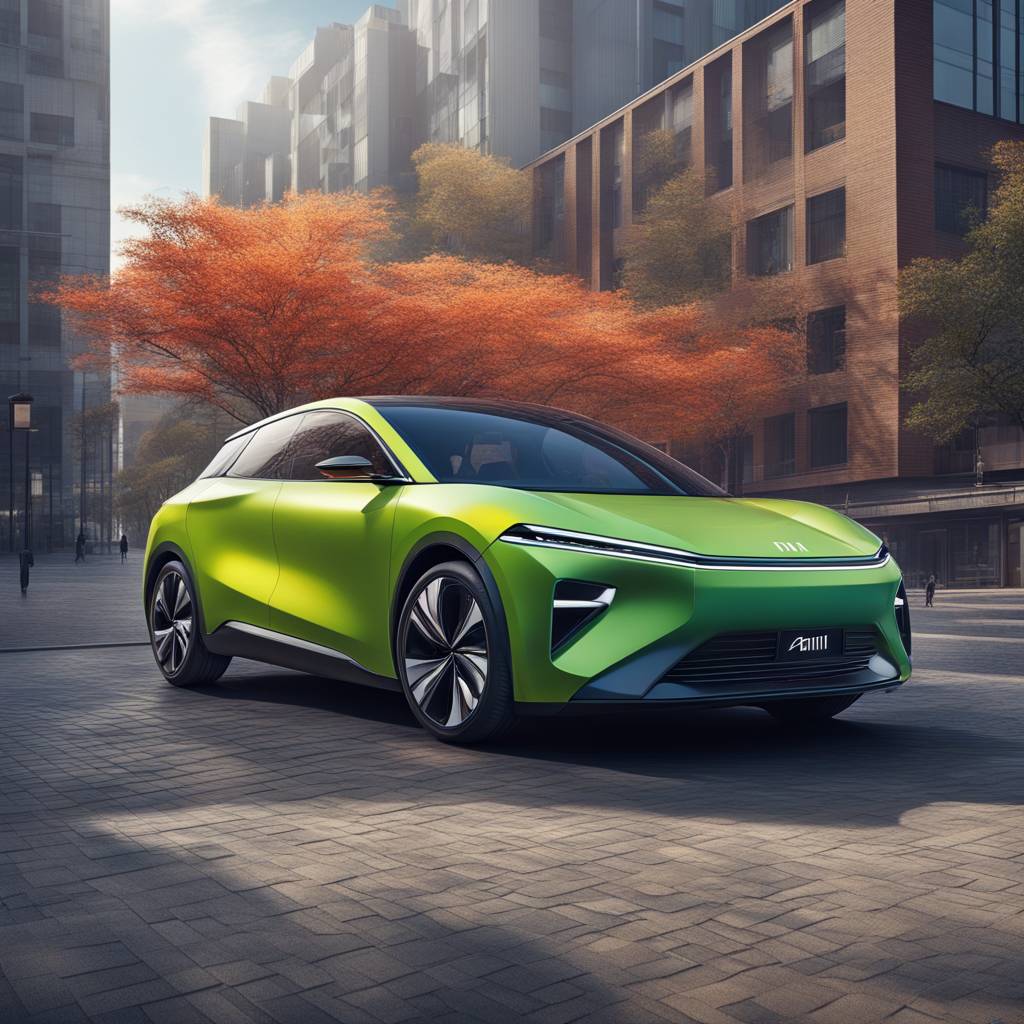Xiaomi, the Chinese smartphone maker, experienced a surge in their shares by 15% when the Hong Kong market opened on Tuesday following the launch of their new electric car, the SU7. The company priced the SU7 approximately $4,000 less than Tesla’s Model 3 and claimed it would have a longer driving range. The demand for the SU7 was evident as Xiaomi’s online store showed wait times of at least 5 months for the basic version and the company received orders for over 50,000 cars in just 27 minutes after sales began on Thursday. In response, Chinese EV startups Xpeng and Nio announced purchase subsidies totaling 20,000 yuan and 10,000 yuan, respectively, following government policy efforts to boost consumption and trade-ins.
The price reductions and promotional deals come amidst a slowdown in the growth of new energy vehicles in China, the world’s largest auto market. The penetration of battery and hybrid-powered passenger cars has surpassed one third of new cars sold in the country, as reported by the China Passenger Car Association. Li Auto, which offers cars with a fuel tank to extend driving range, delivered 28,984 cars in March, slightly below its recent delivery streak. Nio also trimmed its first quarter forecast after delivering 11,866 cars in March, while Xpeng delivered 9,026 vehicles during the same period. Conversely, Huawei’s new energy car brand Aito reported delivering 31,727 cars in March. BYD, the industry giant, saw significant success with 139,902 battery-powered passenger cars sold and 161,729 hybrid vehicles sold in March, with a total passenger car sales increase of nearly 14% from the previous year.
The competitiveness of the Chinese electric car market is evident with Xiaomi’s entry into the market and the response from other established EV manufacturers with purchase subsidies and promotional deals. The demand for Xiaomi’s SU7 electric car highlights the potential for growth in the sector, even as overall growth of new energy vehicles in China shows signs of slowing down. As companies like Li Auto, Nio, Xpeng, and Huawei navigate the evolving market landscape, the focus on delivering innovative and price-competitive electric vehicles remains crucial for success. BYD’s continued dominance in the industry underscores the importance of adapting to market trends and consumer preferences to maintain a strong position in the rapidly evolving electric car market in China.
Despite challenges in the Chinese electric car market, companies like Xiaomi are capitalizing on the growing demand for new energy vehicles among consumers. The competition among established EV manufacturers and startups is driving innovations in technology, pricing, and consumer incentives to attract buyers. As the industry continues to evolve and grow, companies will need to adjust their strategies to remain competitive and address changing market dynamics. With the government’s support and policies promoting the adoption of electric vehicles, the outlook for the Chinese electric car market remains positive, with opportunities for manufacturers to capitalize on the country’s shift towards cleaner and more sustainable transportation options.


